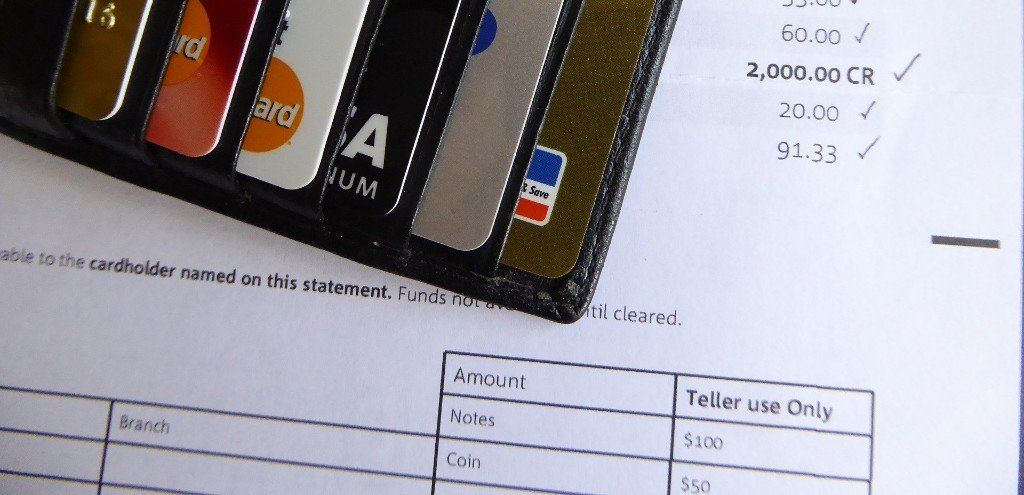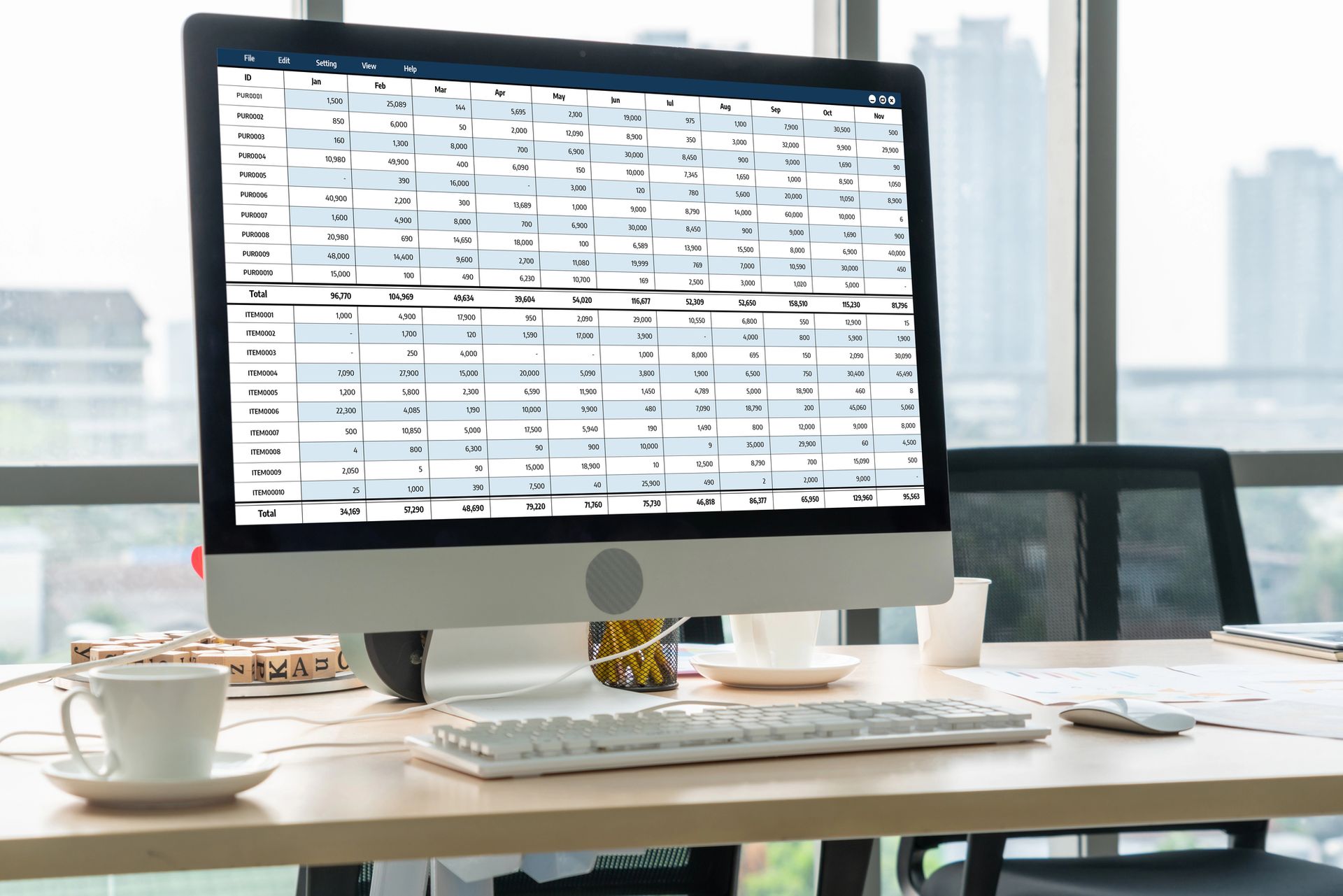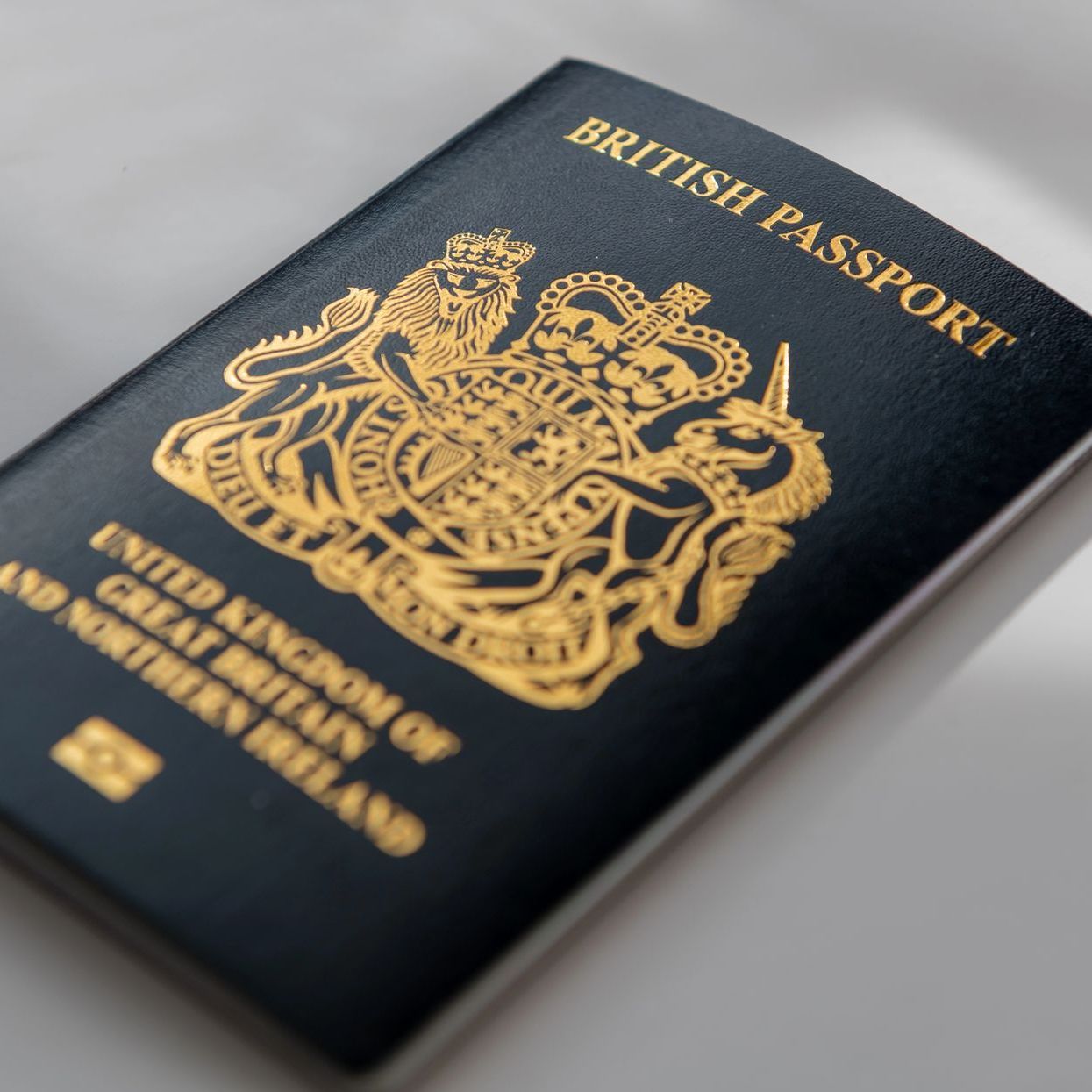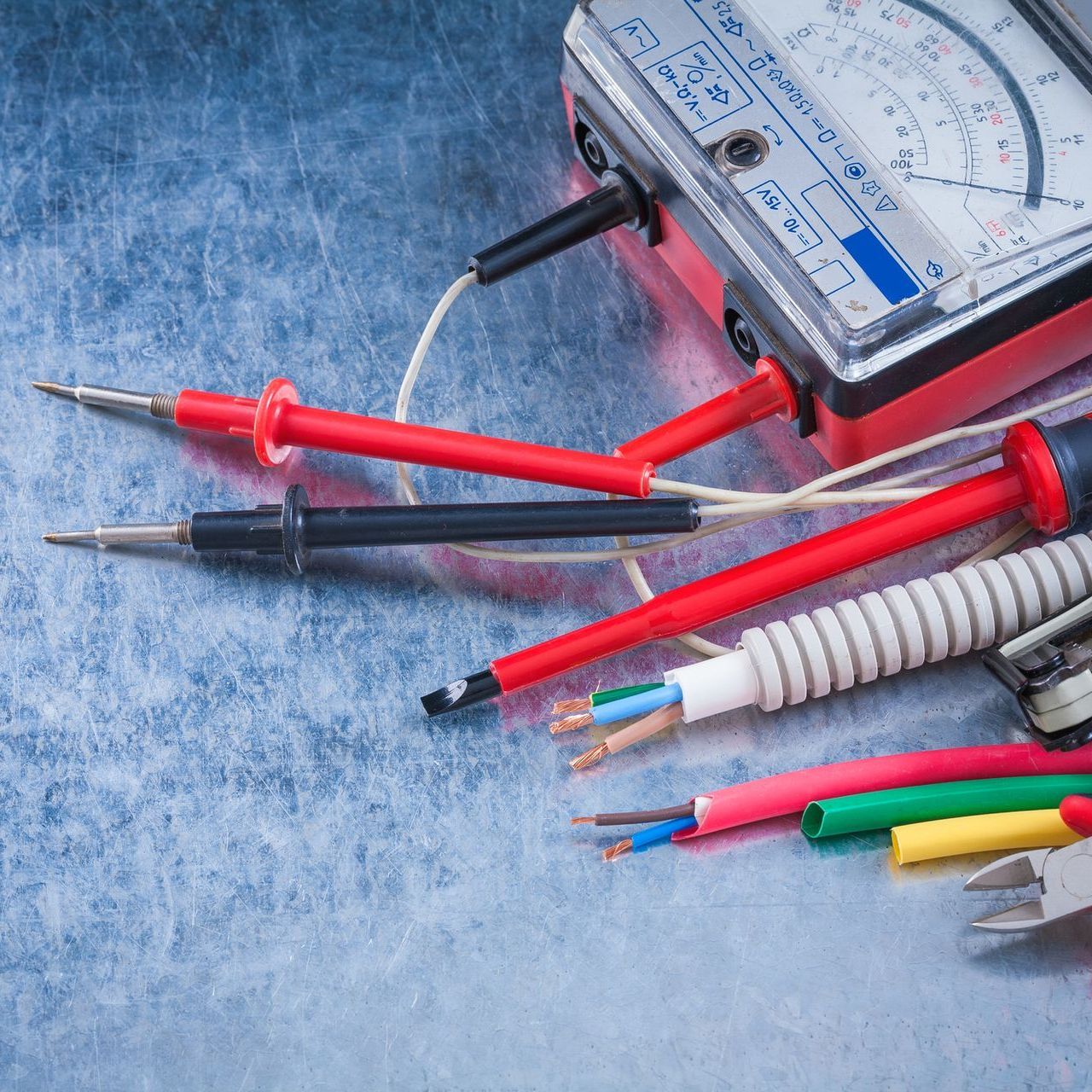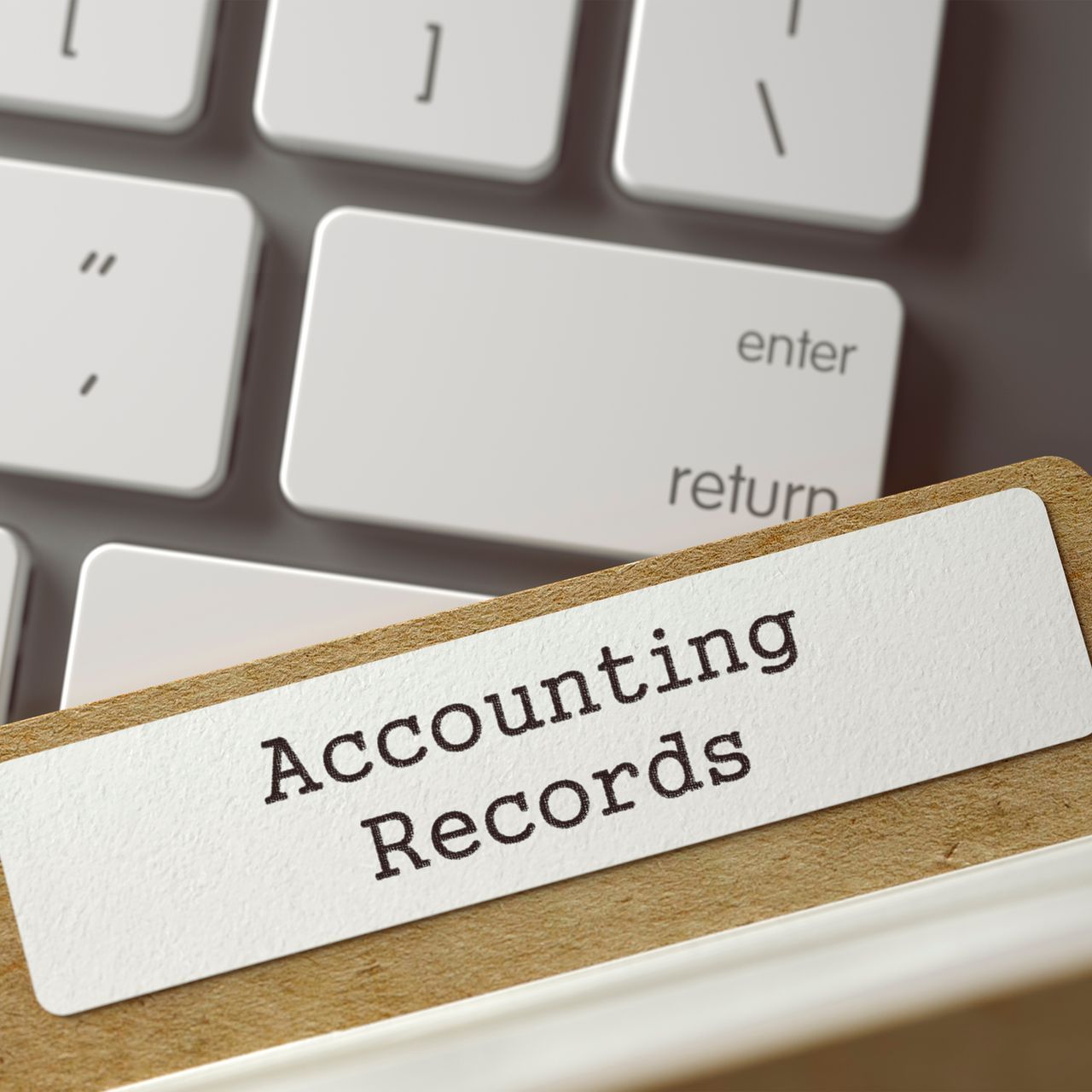Bank Reconciliation - One of the simplest but most effective controls your business can employ
Bank reconciliation - a great way to control your cash
A bank reconciliation is a very simple but effective way of ensuring you are capturing all of your transactions in your financial records and also keeping an eye on your bank to make sure that all transactions have been processed properly. Occasionally banks do make mistakes and if you regularly reconcile your bank transactions to your financial records you will spot any problems quickly.
Presenting reconciled information will keep your accountant happy and may help to keep the cost of any work you as them to do to a minimum.
Step 1: Choose a date to reconcile from and to. Start with the last date you reconciled to to ensure that you are starting with the right number. You can end at any date that is relevant to you. It is good practice to complete a bank reconciliation on a monthly basis at each month end but you may wish to choose a shorter period if you have many transactions. If you have fewer transactions you may choose to reconcile over a longer timescale.
Whatever date you choose to start from you need to know that the opening balance is correct and has already been reconciled.
Step 2: Start with your opening cash book balance from your financial records (from the last time it was reconciled), add on any income you have received and take off any expenses from your financial records. Compare this number to the balance in your account at the same date. Ideally, these two balances would be the same but in many cases they aren’t, in which case move to step 3.
Step 3: The next stage is to identify any differences between the two balances. These may arise from timing differences in transactions the end of the period, mistakes in the financial records or mistakes in the bank. Initially look at the transactions around the end of the period. Are there any that have appeared in the financial records before the start of the period but only appeared in the bank statements afterwards or vice versa? Make a note of any that you identify. The most common item that leads to reconciling items is cheques. Whether you receive a cheque or use a cheque to pay, there is always a delay between banking a cheque and it clearing.
Add these transactions to the bottom of your bank balance to try and explain the difference between the bank and your accounting records. There’s no need to amend your records as they will appear in the bank statements in due course, just be patient!
Does your cash book balance agree to your bank statement now that you have adjusted the bank rec for these transactions? If so, well done you have finished and can be satisfied that your records are complete. If not, move onto Step 4.
Step 4: If you can’t get the reconciliation to work by identifying missing transactions at the end of the period, it might mean that there is a mistake somewhere in your records or in the bank. The only way to identify where such an error may have occurred is to compare each transaction in both the financial records and the bank statements and then adjust the reconciliation (and if appropriate your financial records) for that transaction when you find it. This can be a time-consuming process, but you can cut down the time it takes by reducing the period over which you complete the reconciliation. If there is just one error you may then be able to pinpoint it to a shorter period, cutting down the number of transactions that need to be reviewed in the process.
Step 5: Don’t forget that you need to look at each bank account individually and you can employ the same method to reconcile your credit card statements, petty cash and PayPal statements. And yes, you should be reconciling them all!
Download my example bank reconciliation that demonstrates each of the steps above here. If you feel like you need further help, email Laura at laura.arbuckle@armetaccounting.co.uk.




